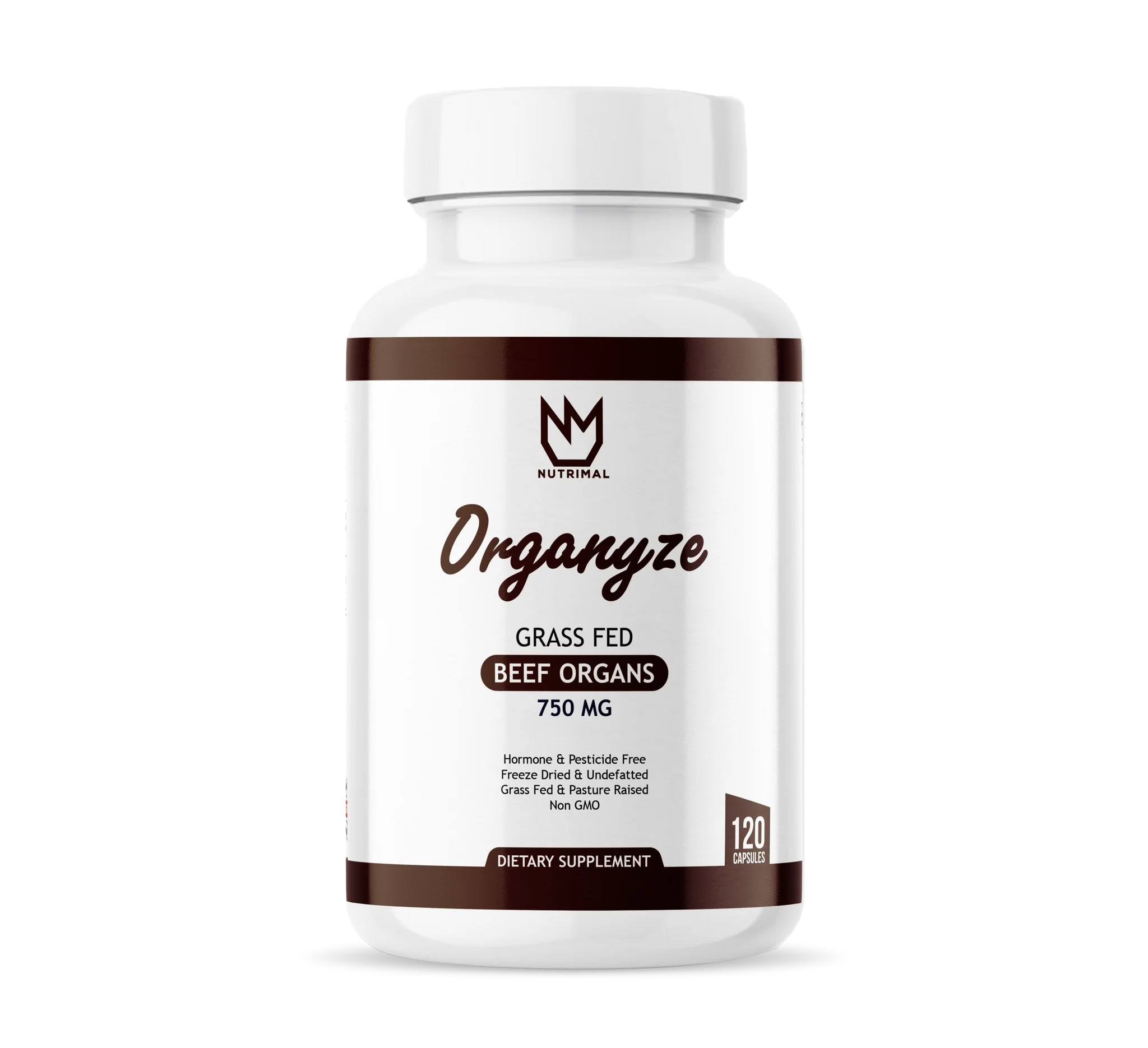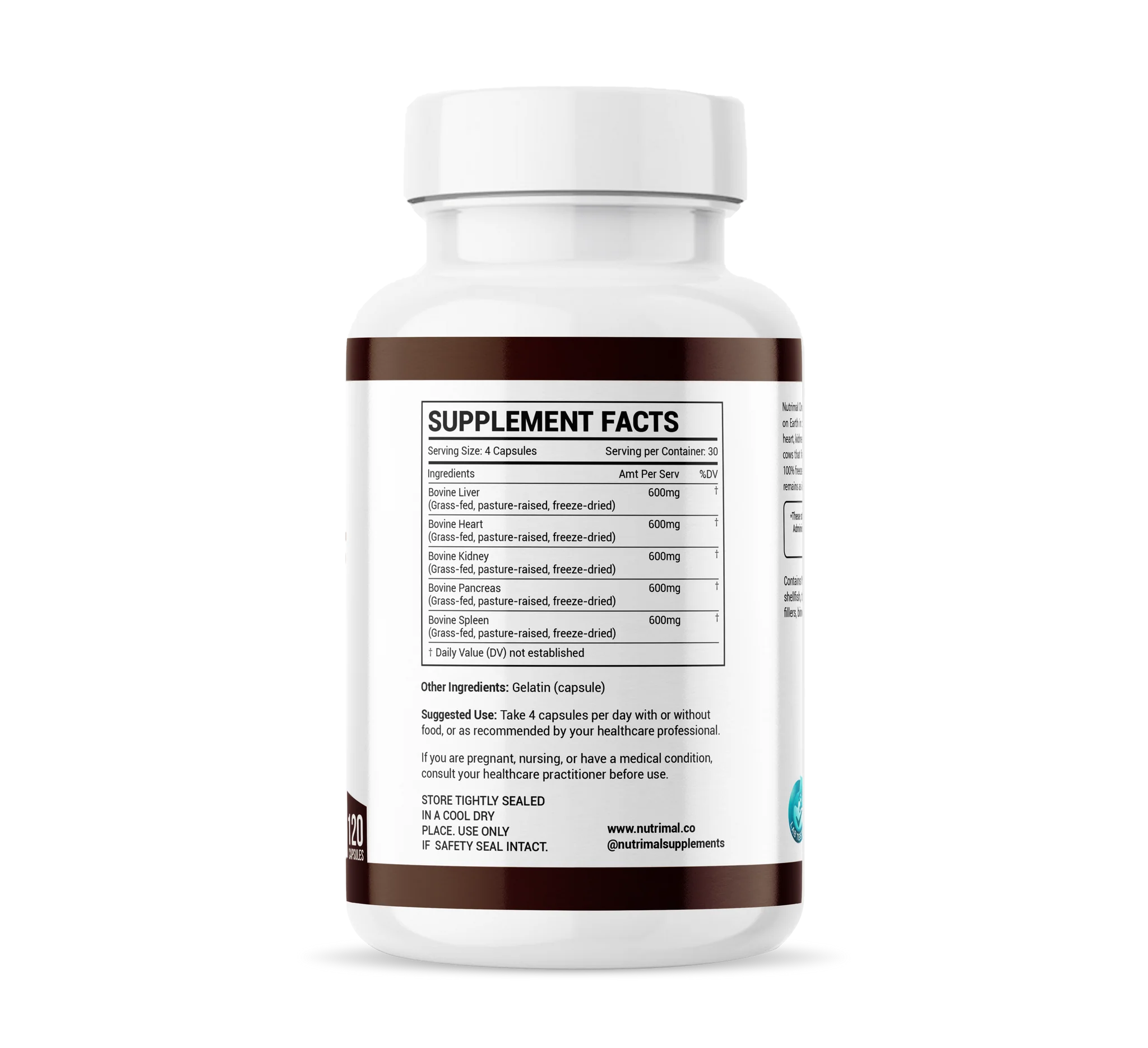Not Sold By LifeBlud
Grass Fed Beef Organs
15% OFF WITH CODE ADAM15 AT CHECKOUT
Adam says: This is an amazing product for anyone wishing to incorporate more bioavailable, nutrient dense, whole foods into their life. Grass fed beef organs are truly super foods, and these freeze-dried organs are very convenient and easy ways to get them into your diet. It's important we eat the entire animal from nose-to-tail, as there is a God given full spectrum of nutrition when done so. This product contains the rarely consumed organs such as pancreas, spleen, kidney, and heart, alongside liver. All of these organs contain important vitamins and minerals to support our every function.
From Nutrimal:
Grass Fed Freeze Dried Beef Organs
Serving size: 4 capsules, 750mg per capsule.
3000mg of our product is equivalent to roughly 5.6 grams each of Beef Liver, Heart, Pancreas, Spleen, and Kidney
Nutrition Facts
Vitamin A - 38% of RDA
Vitamin B6 - 8% of RDA
Vitamin B12 - 307% of RDA
Iron - 31% of RDA
Zinc - 9% of RDA
Copper - 73% of RDA
Manganese - 5% of RDA
Selenium - 30% of RDA
Riboflavin - 42% of RDA
Niacin - 16% of RDA
Folate - 6% of RDA
* The Percent Daily Values are based on a 2000 calorie diet, so your values may change depending on your calorie needs.
Why Beef Organs?
Simply put, liver isn't the only organ meat that packs a nutritious punch. Nutrimal Organyze includes not only liver, but also heart, pancreas, spleen and kidney. These organs all have their own unique nutrient profile. By combining them all we can get a solution for those who wish to gain the benefits of eating nose-to-tail without having to purchase, prepare, cook, and above all eat these foods which can be unappetizing for many.
What are these nutrients?
Retinol (Pre formed Vitamin A)
Copper
Folate
Niacin
Thiamine
Riboflavin
Vitamin B6
Vitamin B12
Iron
Zinc
Selenium
And many more…
What do these nutrients do in the body?
Retinol
Supports thyroid health.
Supports healthy immune function.
Allows the body to use Copper which in turn allows your body to use Iron properly.
Iron
Essential component of hemoglobin, a protein that transfers oxygen from the lungs to the tissues.
Component of myoglobin, another protein that provides oxygen.
Supports muscle metabolism and healthy connective tissue.
Necessary for physical growth, neurological development, cellular functioning, and synthesis of some hormones.
Copper
Supports energy production by aiding the body in generating ATP.
Regulates iron which allows the body to utilize oxygen properly.
Vitamin B3 (Niacin)
Supports energy production by transferring energy from carbs fats and proteins into ATP, the cell’s primary energy currency.
Required for gene expression, cellular communication, and maintenance of genome integrity.
Helps the body synthesize cholesterol and fatty acids.
Plays a critical role in maintaining cellular antioxidant function.
Vitamin B9 (Folate)
Required in the formation and repair of DNA.
Required to metabolize amino acids.
Required for proper cell division.
Deficiency can result in megaloblastic anemia.
Vitamin B12
Required for the development, myelination, and function of the central nervous system.
Required for healthy red blood cell formation.
Required for DNA synthesis.
Vitamin B1 (Thiamine)
Regular intake is needed because it can only be stored in the body for a short time.
Cofactor for many enzymes during the metabolism of glucose, proteins, and lipids.
Critical role in energy metabolism and therefore in the growth, development, and function of cells.
Cofactor at several steps during glycolysis and oxidative decarboxylation of carbohydrates.
Prevents the accumulation of lactic acid. Accumulation of lactic acid may cause focal damage to certain brain structures.
Vitamin B2 (Riboflavin)
Essential component of 2 major coenzymes, flavin mononucleotide (FMN) and flavin adenine dinucleotide (FAD).
These coenzymes play major roles in energy production; cellular function, growth, and development; and metabolism of fats, drugs, and steroids.
Helps maintain normal levels of homocysteine, an amino acid in the blood.
Assists glutathione recycling
Zinc
Required for the catalytic activity of hundreds of enzymes
Plays a role in enhancing immune function, protein and DNA synthesis, wound healing, and cell signaling and division.
Supports healthy growth and development during pregnancy, infancy and childhood, and adolescence.
Selenium
Made up of more than 2 dozen selenoproteins.
Play critical roles in reproduction, thyroid hormone metabolism, DNA synthesis, and protection from oxidative damage and infection.

Grass Fed Beef Organs



